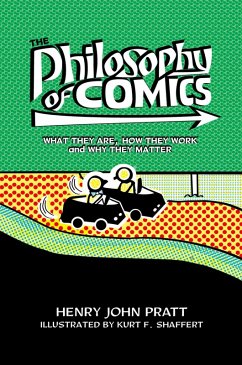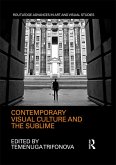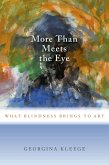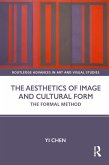How do comics produce such a striking range of vibrant stories, representations, and expressions of the sensibilities of their creators? Henry John Pratt's
The Philosophy of Comics provides a ground-breaking, illustrated introduction to the study of comics and graphic novels, advancing the field of comics studies by attending to some of its most notable problems. Pratt examines the history of comics, the contrast between comics and cartoons, the tenuous place of comics in the art world, and what it is to be a comic in the first place. Comics work through extensive modes of representation and expression, including through film, non-graphic literature, and theatre. Pratt examines questions such as, why and how are so many films based on comics? Can there be a perfect adaptation from one to the other? Are some comics better than others? Why is reading comics not regarded in the same light as reading literary books? Pratt urges us to look closely at the most significant problems and puzzles that comics provoke, having to do with the very nature of comics, what composes them, how comics are related to other art forms, how they function to manage space and time in storytelling, and why they've been neglected in academic circles despite being a culturally significant art form for decades. With illustrations by Kurt F. Shaffert,
The Philosophy of Comics ultimately tries to explain the true underlying value of comics as an art form.
Dieser Download kann aus rechtlichen Gründen nur mit Rechnungsadresse in A, B, BG, CY, CZ, D, DK, EW, E, FIN, F, GR, HR, H, IRL, I, LT, L, LR, M, NL, PL, P, R, S, SLO, SK ausgeliefert werden.









